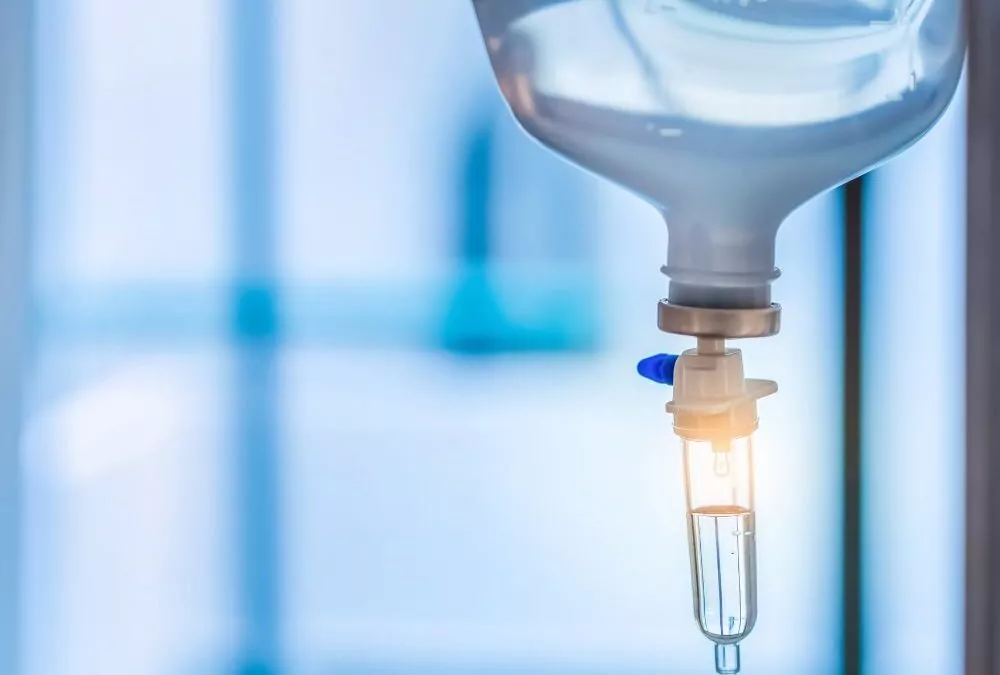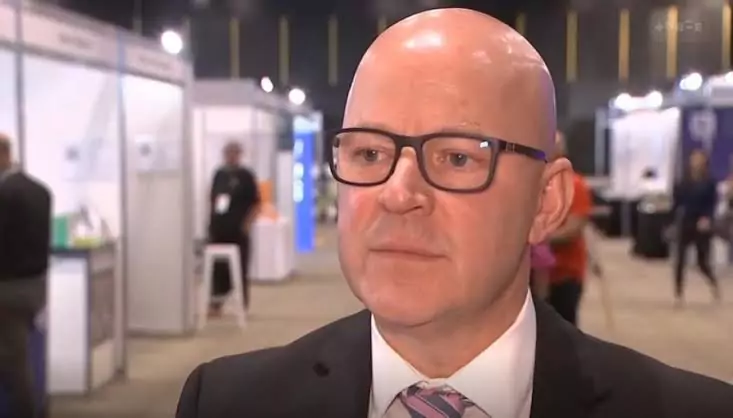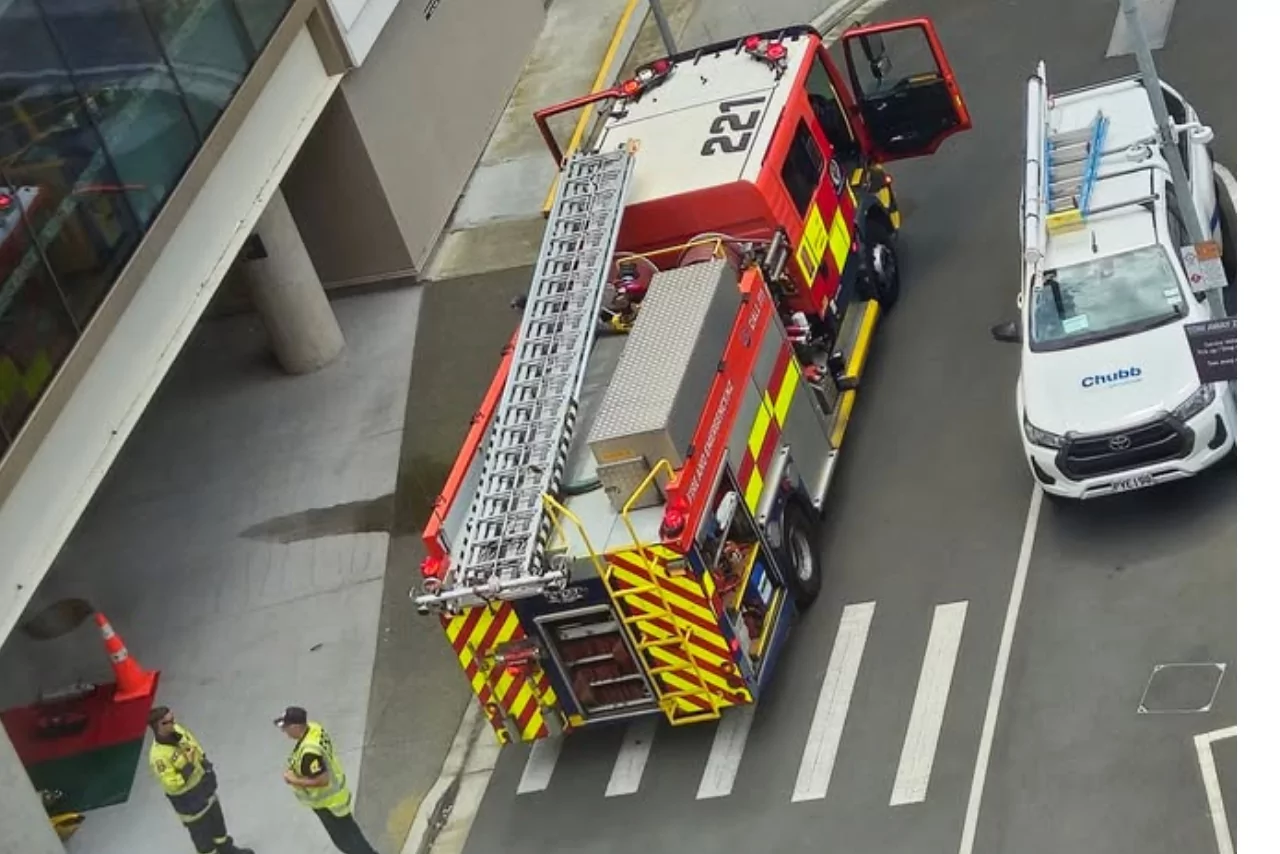Escaped youth tracked by Eagle helicopter, found hiding in New Brighton
The young person who escaped from a youth justice facility in Rolleston has been located...
Proudly powered by VAST – NZ’s leading digital advertising billboard company. FIND OUT MORE

A Christchurch Hospital patient says she is “outraged” by a decision to disband a specialist intravenous (IV) access team that has been described as a lifeline for people with difficult-to-find veins.
But the hospital said it was only a pilot scheme.
Caroline, who has been in hospital and treated with IV antibiotics for a bowel abscess after suffering a miscarriage, said she had endured weeks of repeated, painful attempts to insert IV lines before being seen by the Vessel Health Preservation and Intravenous Access (VIVA) team.
The specialist nurses, the only team of their kind in the country, are trained to use ultrasound and advanced techniques to insert lines in patients assessed as having “difficult intravenous access” (DIVA).
“They are experts,” Caroline said. “Without them, I’ve been repeatedly stabbed by doctors and nurses desperately trying to find veins they can’t see. The VIVA nurse got it right on the first attempt. This service changes lives for people like me who are already scared and anxious in a hospital bed.”
Caroline said she was shocked to learn from staff that the service ended, despite overwhelmingly positive patient feedback.
The VIVA service began as a nurse-led pilot at Christchurch Hospital in April 2024, funded for one year with a three-month extension.
Canterbury Director of Nursing for Health New Zealand, Becky Hickmott, said the service ended on 31 July as planned.
“The VIVA team operated within the integrated Infection Prevention & Control & Vessel Health Preservation and Intravenous Access Service during its one-year pilot period.
“It focussed on peripheral vascular access services for patients, particularly those who had been assessed with difficult intravenous access (DIVA) – meaning their veins are not easy to see or palpate and put an IV in.
“Studies internationally have demonstrated that over a third of adults and up to half of children presenting to hospital met DIVA criteria, which is characterised by non-visible and non-palpable veins.
“Based on the VIVA teams’ high level of inserter knowledge, experience, procedural competence, and use of vein location technology – such as ultrasound to assess vessels and guide insertion – its primary focus was to place a peripheral intravenous catheter (PIVC) successfully on first attempt.”
Hickmott said “an impact report is currently underway (first 12-months from 1 April 2024 to 31 March 2025) to measure outcomes of the pilot project, including improved clinical outcomes such as reduced infections from IV lines, operational efficiencies and staff and patient experience surveys. This will help with considerations for future models of care.
Caroline said she feared the closure would mean more patients facing repeated painful procedures, delayed treatment, and avoidable stress.
“Instead of rolling this service out nationwide, they are shutting it down. It is insulting to patients and a dangerous step backwards,” she said.

